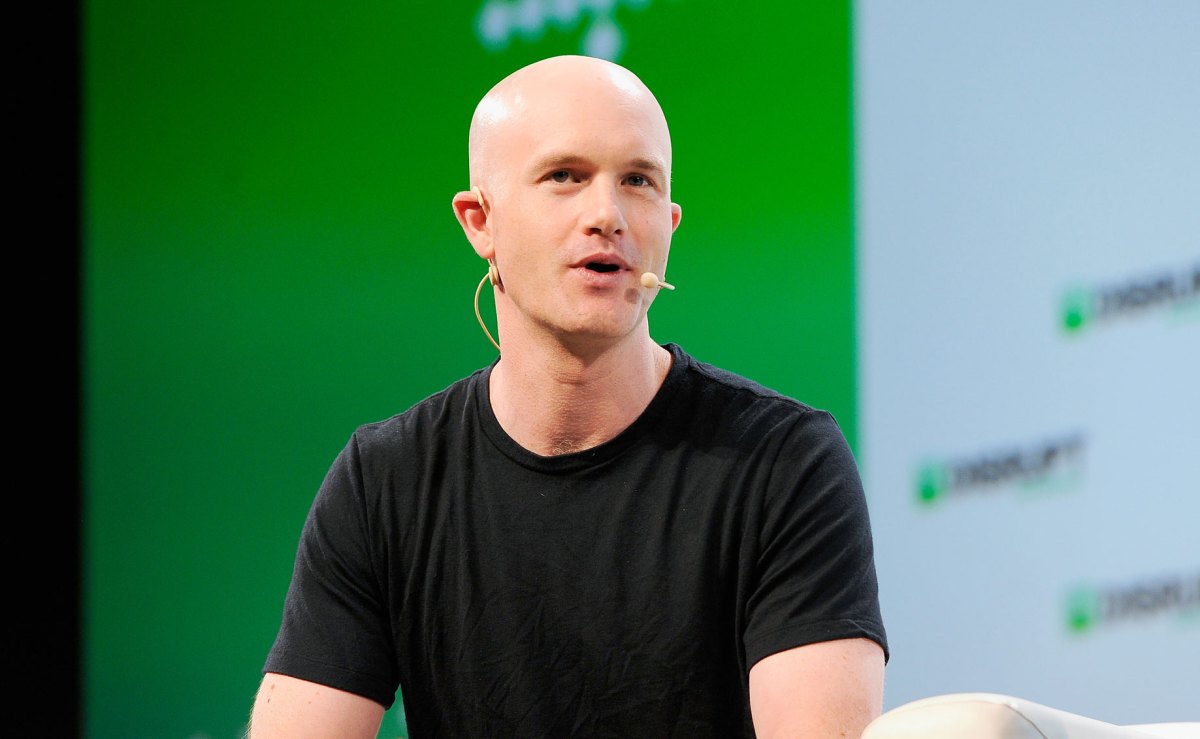Trump announces trade deal with Japan
President Donald Trump on Tuesday announced a trade agreement with Japan, claiming he’d notched a deal with one of the country’s top trading partners.
In a post on Truth Social, Trump said the U.S. will charge a 15 percent tariff on Japanese exports to the U.S. in exchange for a $550 billion investment in the U.S. Japan, he said, will open its market to U.S.-made “Cars and Trucks, Rice and certain other Agricultural Products, and other things.”
“This is a very exciting time for the United States of America, and especially for the fact that we will continue to always have a great relationship with the Country of Japan,” Trump wrote on Truth Social. “Thank you for your attention to this matter!”
Japan was the United States’ fifth largest trading partner in 2024, making it by far the biggest trade deal the Trump administration has reached so far — not counting the temporary tariff truce they reached with China this past spring.
Trump celebrated the deal at the White House Tuesday night, telling a gathering of Republican members of Congress that other countries were “no longer taking advantage of us.”
“This deal is, they say, the biggest deal ever made, biggest deal ever made,” Trump said. “We have some other ones coming in. We’re doing things that have never been done in this country before, and our country is becoming very rich again, and that’s the way it should be.”
A spokesperson for the Japanese embassy did not immediately confirm the terms of the agreement outlined by Trump when reached for comment.
U.S. imports from Japan totaled $148 billion last year, including about $58 billion worth of autos, auto parts and other automotive products. Other major imports from Japan include consumer electronics, industrial machinery, pharmaceuticals, chemicals, seafood and tea.
Japanese goods currently face a 10 percent U.S. tariff, but it was set to rise to 25 percent on Aug. 1.
Trump did not say whether the Japanese would receive relief on Trump’s 25 percent tariff on cars and car parts, an issue that has been a major sticking point in trade talks.The Japanese auto industry, lead by companies like Toyota, Subaru and Honda, is taking a significant financial blow on its exports to the U.S. as a result of the tariffs, which went into effect at the beginning of April.
Trump has spent weeks complaining about Japan’s trade positions — particularly the country’s unwillingness to lower barriers on imported rice amid a domestic shortage. Japan has long resisted completely opening its rice market because of the threat that poses to its own producers and the importance of the grain in the country’s culture.
Still, U.S. Agriculture Department records show it imported more than 300,000 metric tons from the United States in the 2023-24 marketing year and is on track to import more than 400,000 tons this year.
But this weekend, Japanese Prime Minister Shigeru Ishiba lost a majority in an election for the upper house of Japan’s parliament, shifting the political dynamics in the country and potentially opening the door to a deal.
The Japanese government did not immediately issue a statement regarding the deal, but Japanese trade minister Ryosei Akazawa is in the U.S. and met with Commerce Secretary Howard Lutnick earlier this week.
Akazawa posted on social media shortly after Trump announced the deal: “Today, I went to the #WhiteHouse in the US. #MissionAccomplished,” he wrote, according to a translation. “I am truly grateful to all involved.”
The Trump administration has pledged that it will make a handful of deals before the Aug. 1 deadline it has set to impose tariffs between 10 and 50 percent on more than 50 U.S. trading partners.
The biggest that still have not reached a deal with the Trump administration include the European Union, South Korea, India and Brazil.




















:quality(85):upscale()/2023/09/18/918/n/1922398/a1136b676508baddc752f5.20098216_.jpg)
:quality(85):upscale()/2025/10/09/670/n/1922283/00b944c868e7cf4f7b79b3.95741067_.jpg)
:quality(85):upscale()/2025/10/15/765/n/1922398/29c37a6e68efd84bb02f35.49541188_.jpg)
:quality(85):upscale()/2025/09/09/891/n/1922283/7222624268c08ccba1c9a3.01436482_.png)













:quality(85):upscale()/2025/08/13/775/n/1922283/3c0cbead689ccd0c422644.10221678_.png)



